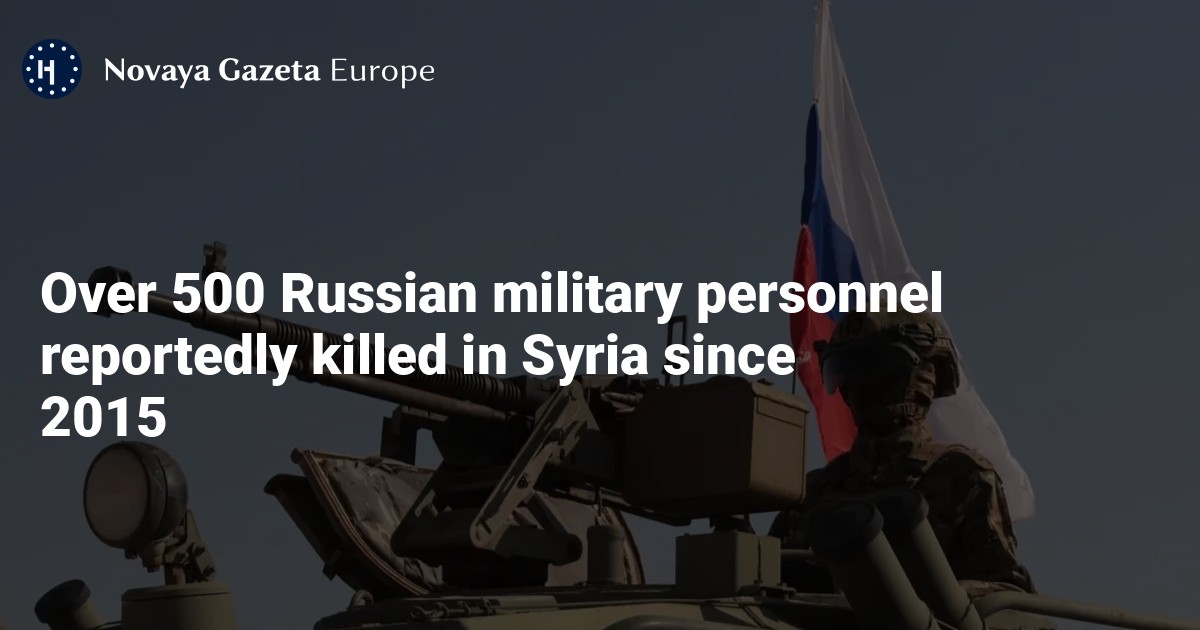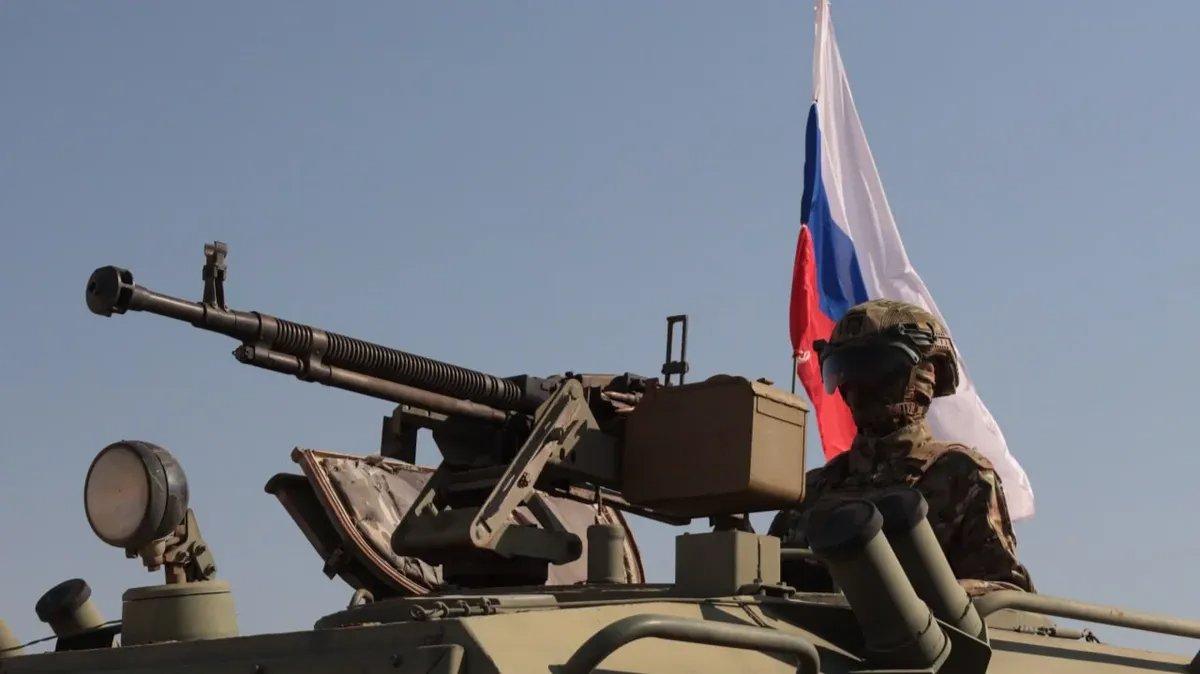




Photo: Russian Defence Ministry / Telegram
Over 500 members of the Russian military, security services and mercenaries from the notorious Wagner Group have been killed in Syria since Russia entered the Syrian Civil War at the request of the country’s former dictator Bashar al-Assad in 2015, BBC News Russian reported on Monday.
Of the 543 Russians killed in Syria since 2015, over half were Wagner Group mercenaries, according to the BBC, who used open source intelligence and leaked Wagner documents to confirm the deaths of 346 Wagner fighters.
The remaining 197 casualties were members of the Russian armed forces and security services, BBC News Russian said, with “dozens of highly skilled specialists” among the dead, including members of Russia’s elite Special Operations Forces and the Federal Security Service’s secretive Alpha Group.
The BBC said that the actual number of Russian military deaths in Syria was likely to be far higher than its analysis, which relied principally on open source intelligence such as press articles, social media posts and military graves, suggested. When it last confirmed the Russian death toll in Syria in spring 2019, Russia’s Defence Ministry put it at 119.
The confirmed casualties included one general, 10 colonels, 15 lieutenant colonels, 31 majors, and 61 officers ranging in rank from lieutenant to captain, BBC News Russian said, with the most recent deaths recorded in October, when two navy officers were likely ambushed by Islamic State fighters in Syria’s eastern Deir-ez-Zor province.
Russia began its military intervention in the Syrian Civil War at Assad’s request in 2015, launching a bombing campaign it initially claimed was aimed at Islamic State insurgents but which appeared to target Western-backed rebel groups as well.
On Monday, the Kremlin confirmed that Vladimir Putin had granted Assad and his family political asylum in Russia and that the fugitive dictator was now in Moscow following the sudden collapse of his 24-year-old regime over the weekend.
The leaders of the Syrian anti-government rebels, whose sudden advance on Damascus forced Assad to flee the country on Sunday morning, have guaranteed the safety of Russia’s military bases and diplomatic personnel in Syria, Russian state news agency TASS reported on Sunday.
